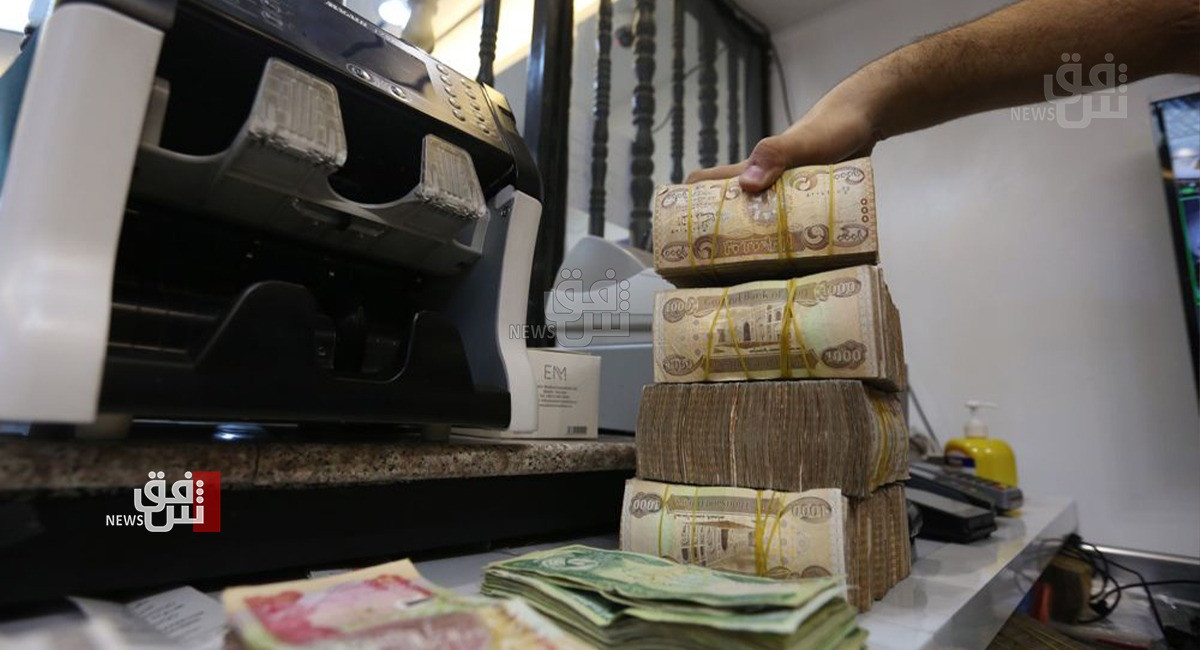Exclusive: Iraqi Advisor to PM deems salary crisis claims “unfounded”

Shafaq News/ On Saturday, Iraq’s Financial and Economic Advisor to the Prime Minister, Mudher Mohammad Saleh, downplayed concerns about the impact of falling oil prices on employees’ salaries.
Saleh told Shafaq News, “Claims of a salary crisis in Iraq are unfounded and based on speculation tied to current oil price fluctuations.”
“Salaries, pensions, and social welfare are top priorities in the public budget, constituting about 70% of operational expenses. These payments are crucial for many Iraqis' livelihoods, ensuring household financial stability.”
Saleh noted the government’s support, which includes subsidized food, fuel, and free medical care, accounting for roughly 13% of Iraq’s annual GDP and around 25% of the federal budget’s total expenditure.
“This support places Iraq among countries with social welfare systems.” He added, “Despite a projected budget deficit of approximately 64 trillion dinars ($48,640,000,000) for 2023 and a benchmark oil price of $70 per barrel, the financial policies are designed to sustain spending according to priorities outlined in the federal budget law.”
Earlier today, an Iraqi economist warned of a potential salary crisis for Iraqi employees due to the drop in oil prices to $70 per barrel, highlighting its negative impact on the national economy.
“The Ministry of Finance might struggle to fund salaries in the next two months, potentially leading to delays or reductions in salaries if the barrel price remains in the $70 range for six months.”
Since September 4, 2024, global oil prices have significantly fallen, with Brent crude dropping below $74 per barrel. This sharp decline is attributed to ongoing concerns about slowing economic growth in China, which has reduced oil demand and increased global market anxiety about the sustained weakness in global oil demand.

